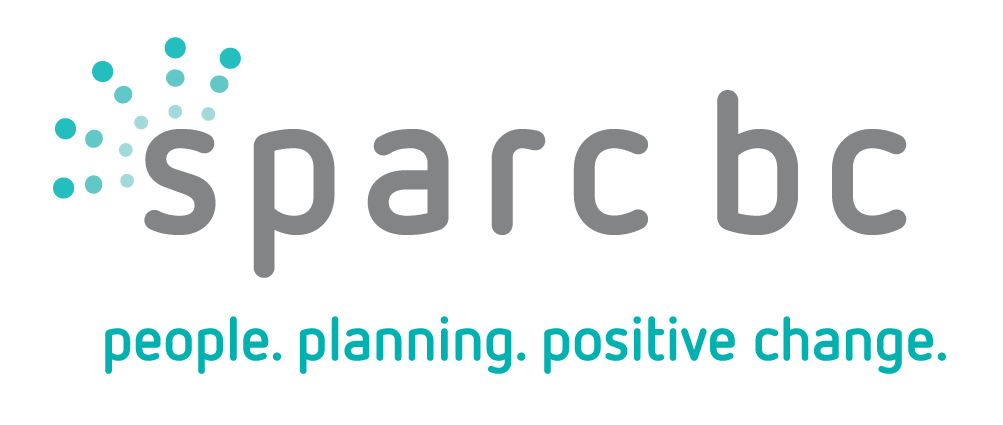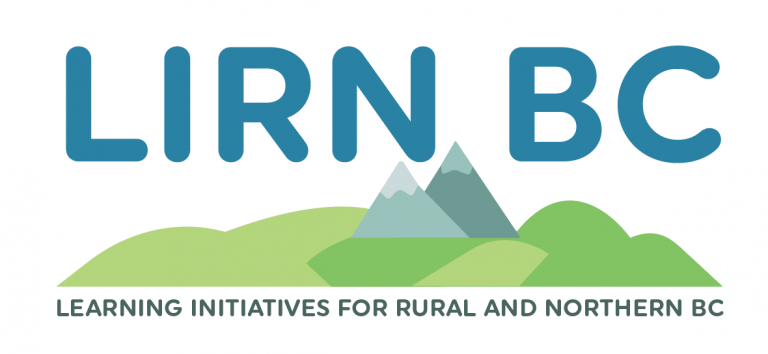Learning Initiatives for Rural and Northern BC
Home » Areas Of Focus » CDE Community Development Education » Learning Initiatives for Rural and Northern BC
LIRN BC is a collaborative, research-based approach to building capacity in rural, remote and Northern B.C. communities. LIRN encourages local, regional, provincial, federal and First Nations governments, as well as non-government partners to work together to plan and deliver locally-relevant learning initiatives.
LIRN BC is made possible through a partnership of government and non-government organizations that recognize the strengths and challenges of rural, remote and Northern B.C. communities.
Support offered through LIRN BC generally includes event planning, as well as workshop facilitation and planning. LIRN relies on a partnership with the community, with the planning and organizing taking place through a local Steering Committee that helps with promoting the initiative, as well as finding a suitable venue. LIRN BC workshops are targeted to smaller communities which have a population of 10,000 people or less.
To discuss possible learning events in your area or to learn more about LIRN BC and potential partnership opportunities, please contact us:
- Email:pkendrick@sparc.bc.caOpens in your application
Workshop Descriptions
Here are some of our most popular workshops.
Remember, we will discuss your community’s needs with you and co-design a custom workshop for you.
[*WORKSHOP LIST HERE FOR REFERENCE — WHERE WILL THESE WORKSHOPS BE HOUSED?*]
By participating in this workshop, participants will:
- Understand principles for effective intercultural work between Indigenous and non-Indigenous peoples;
- Gain knowledge about case studies of successful partnerships;
- Develop an awareness of the historical and contemporary forces that shape current local relations between Indigenous and non-Indigenous peoples;
- Understand collaborative approaches to organizing, implementing and evaluating intercultural projects.
How can your community develop and use indicators in community learning, planning and action programs? This workshop helps show the way. Participants in this workshop will:
- Acquire knowledge of key concepts used to discuss indicators and indicator monitoring projects;
- Develop an awareness of indicator sources and resources for ongoing learning about indicators and indicator projects (i.e., vital signs, etc.);
- Gain an understanding of one community-based method for designing and implementing a community indicator monitoring project that involves the public and is linked to action strategies.
Communities can be and should be directly involved in creating research about issues that matter to local people. This workshop provides participants with:
- Knowledge about the theory, practice, ethics and examples of community-based participatory action research;
- Knowledge of qualitative and quantitative data collection methods and analytical tools;
- Skills to create research questions and a related research, analysis and knowledge transfer plan;
- Strategies for linking community research to planning and action.
Most BC communities include diverse government and non-government agencies who are working to build a strong local social safety net and related preventative initiatives. For leaders in social development sectors who feel that their community is moving in many different directions but not creating positive change in any one area, the development of a strategic social plan can help. In this workshop, participants will:
- Understand the components of a strategic social development plan, as well as the benefits and challenges of creating and implementing such plans;
- Gain knowledge about an eight step process for creating a social development plan;
- Engage in exercises that start the process of creating a social development plan for their community.
By participating in this workshop participants will:
- Understand the theory and practice of accessibility;
- Gain knowledge about how to conduct an accessibility audit of their community and how to create strategies for increasing awareness of the importance of accessibility;
- Gain knowledge about and engage in dialogue regarding accessible living, transportation, building design, technology, signage, etc.
Community Social Planning (CSP) is a local, democratic system for setting priorities, arriving at equitable compromises and taking action. It supports community needs and interests in social, cultural, economic, and environmental affairs. In this workshop, participants will:
- Understand the principles and activities inherent in community social planning, and understand different governance structures for community social planning;
- Understand the organizational life cycle of community social planning councils (CSPC), and know how to establish and develop a CSPC;
- Gain knowledge of community social planning methods and case studies of different methods.
You have the right to be involved in setting the agenda for public policy matters that affect your life. In this workshop, participants will:
- Understand the roles and responsibilities of different levels of government in Canada;
- Understand different strategies for participating in public policy formation;
- Identify the key players in locally relevant public policy areas and begin developing policy positions on key issues;
- Gain the skills to create a local strategy to engage in policy dialogue with political leaders and government officials in selected policy areas.
This workshop is for organizational leaders who want to:
- Understand the theory and practice of effective strategic planning, and learn about examples of strategic planning processes of non-profit organizations;
- Develop the skills and knowledge to lead, implement and evaluate a strategic planning process for your organization.
This workshop is for organizational leaders and engaged citizens who want to:
- Understand the elements of and steps leading to a successful proposal;
- Gain knowledge of relevant sources of funding for BC non-profit organizations, municipalities and First Nations;
- Understand the challenges of and strategies to sustain community-based programs;
- Start the process of identifying project ideas and forming a team to develop a proposal.
There are hundreds of ways to engage your community in local change processes. This workshop is for people who want to:
- Understand different methods for community engagement and gain knowledge of resources for community engagement work;
- Gain awareness of the specific steps inherent in designing, implementing and evaluating a community engagement project;
- Engage in dialogue about potential community engagement initiatives that would work in your community.

